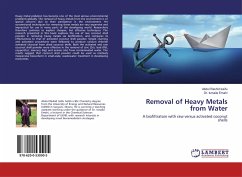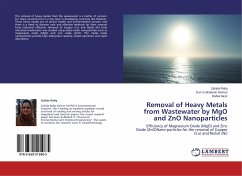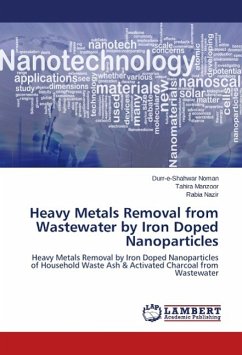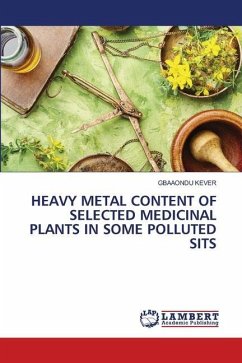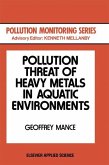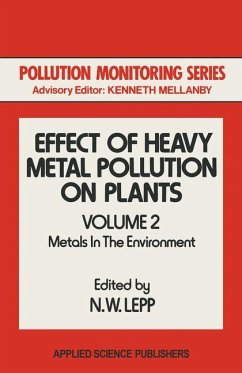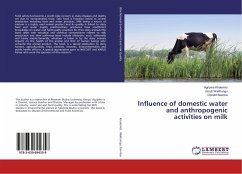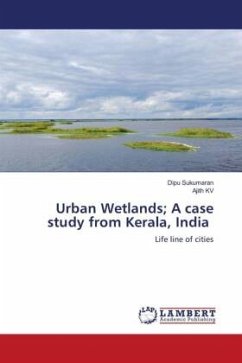Heavy metal pollution has become one of the most serious environmental problems globally. The removal of heavy metals from the environment is of special concern due to their persistence in the environment. Yet conventional techniques for removing these metals are very expensive and impractical for use in many parts of the developing world. Researchers therefore continue to explore cheaper, but effective techniques. The research presented in this book explores the use of raw coconut shell powder in removing heavy metals via biofiltration, and compares its effectiveness to that of activated coconut shell powder. Simple charring and activation procedures were followed to produce calcium chloride activated charcoal from dried coconut shells. Both the activated and raw coconut shell powder were effective in the removal of zinc (Zn), lead (Pb), copper(Cu), mercury (Hg) and arsenic (As) from contaminated water. The results suggest that coconut shell powder could be used as relatively inexpensive biosorbent in small-scale, wastewater treatment in developing economies.
Bitte wählen Sie Ihr Anliegen aus.
Rechnungen
Retourenschein anfordern
Bestellstatus
Storno

